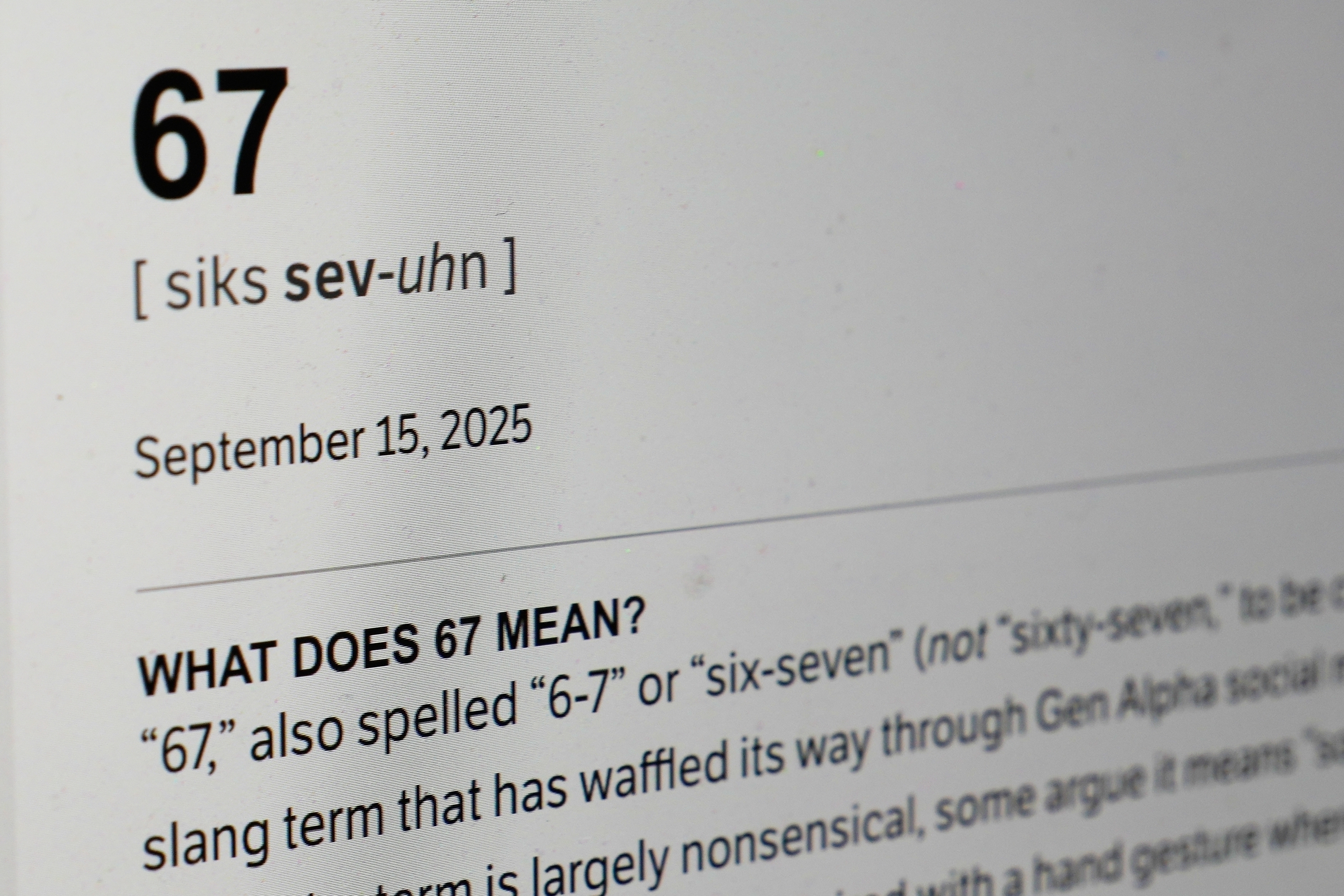The cost of tomatoes could go up this summer as the U.S. is set to impose tariffs on tomatoes being imported from Mexico.
Starting July 14, the U.S. will enact a 21% duty on tomatoes being shipped from Mexico, the U.S. Commerce Department announced. The new tariffs come as the U.S. withdraws from the 2019 agreement suspending the antidumping investigation on fresh tomatoes from Mexico.
U.S. officials say that Mexico's tomato producers are selling their products at lower prices than those of American tomato producers. Officials claim that these practices put U.S. tomato producers at a disadvantage.
RELATED STORY | Tariff reversal: Trump announces 90-day pause on 'reciprocal' duties amid global negotiations
"Antidumping and countervailing duty orders provide American businesses and workers with a mechanism to seek relief from the harmful effects of the unfair pricing of imports into the United States," the U.S. government's International Trade Administration said. "Foreign companies that price their products in the U.S. market below the cost of production or below prices in their home markets are subject to antidumping duties."
Economists have said that the cost of tariffs, which are imposed on companies importing products, is generally passed to the consumer.
The United States is a major consumer of Mexican tomatoes. In 2023, nearly 57% of all tomatoes grown in Mexico were imported into the U.S.
Mexican President Claudia Sheinbaum Pardo has reportedly denied U.S. government claims of undercutting U.S. producers and says she will work with the Trump administration to renew the 2019 agreement.












